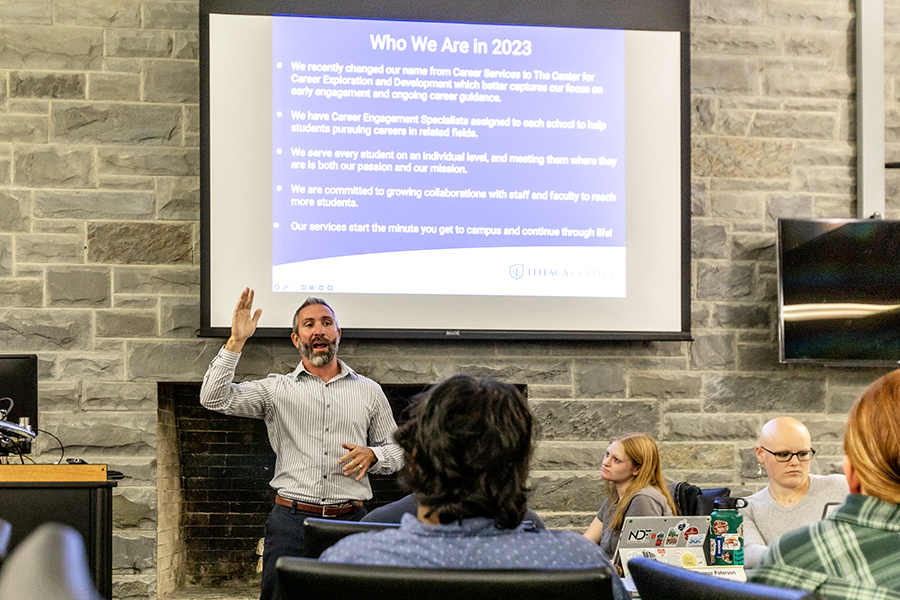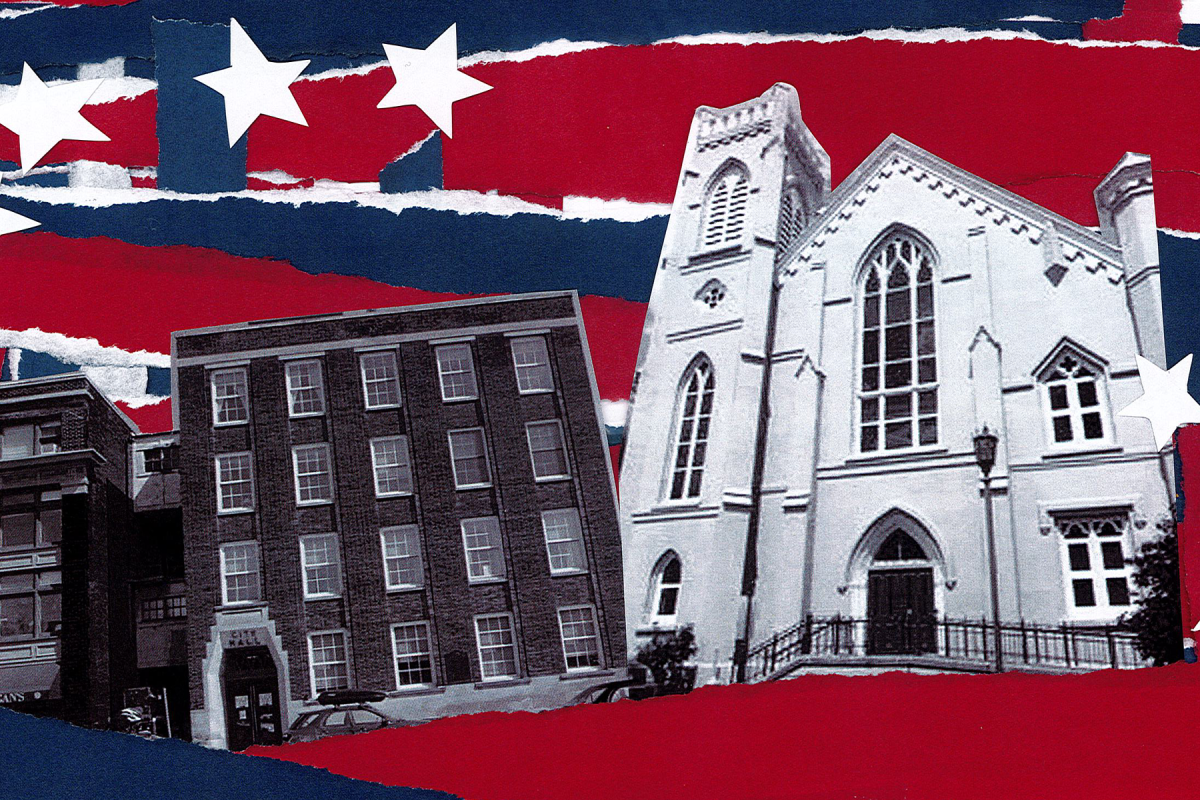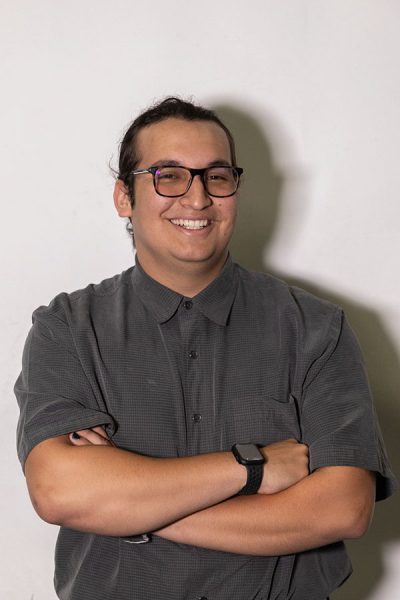The Ithaca College Student Governance Council heard from guest speakers about the Center for Career Exploration and Development and student conduct changes at its Oct. 2 meeting. The council also passed the VP of Residential Affairs Executive Board Establishment bill.
Katie Newcomb, assistant director for the Office of Student Conduct and Community Standards, provided updates regarding student conduct policies. Newcomb said that over the summer, her office sent policy reports to the Ithaca College Board of Trustees to approve updated protocols related to the academic misconduct process.
“That was done to better support the students and faculty who are working through those situations to make sure that everybody has the tools and the knowledge to be successful in that process,” Newcomb said.
The new protocols are specifically related to any academic misconduct hearings and the procedures that need to be taken by faculty and students. If a violation occurs, the student and faculty will meet to discuss. Following that meeting, the faculty may report the incident to the Office of Student Conduct and Community Standards to be reviewed. The office will then meet with the student to discuss the allegations, which is preceded by the Administrative Hearing Procedure. Following an Administrative Hearing meeting, students may be found responsible or not responsible, and if so, the student has the opportunity to request that their case be heard by a Conduct Review Board.
Dave Curry, director of the Center for Career Exploration and Development, said his goal in being at the meeting was to talk with the council so they could learn about the center’s offerings and offer suggestions to help reach more students.
The center recently changed its name from the Center for Career Services to the Center for Career Exploration and Development. Curry said this was done to highlight the focus on early student engagement and ongoing career guidance.
Curry also discussed the new opportunities the center will be offering, like a career center podcast created and hosted by students, a free professional headshot photo booth and weekly career readiness workshops for students. The weekly podcast episodes will highlight alumni, student experiences and internships and the services that can help students in their career journey. Curry also said they are in the final stages of hiring a new position in the center: an internship and student employment specialist.
“This would be a specific person that you could go to that could help match you with a student employment opportunity, showing them what’s open and what’s available, preparing your application with you and just assisting in that process,” Curry said.
On the internship side of the position, Curry said the specialist can help find and support students during their internships and hear feedback from students after their experience.
Sophomore Rishabh Sen, vice president of campus affairs, said he thinks the center should have a bigger presence in STEM-focused departments.
“I feel like a lot of students, including myself, go to our faculty members because we are thinking about choosing grad schools,” Sen said. “Making a bit more aggressive marketing toward STEM students so that they know that there are specialists who do know about grad school and it’s not just faculty members who are resources.”
Sophomore Caleb Cackowski, vice president of communications, and senior Molly Hankinson, Class of 2024 senator, each said they found it beneficial to get connected with the career engagement specialist liaisons from their respective schools and want to see that happen for all students.
Curry said one of the center’s goals is to connect with and inform faculty members in each school so they can reach more students.
“That’s really one of the biggest reasons we wanted a career engagement specialist in each school because every program is a little nuanced,” Curry said. “So, it’s good to have a person and the more that they can get in front of you and answer a couple of questions here and there, the better.”
During continuing business, the SGC passed a new bill, the VP of Residential Affairs Executive Board Establishment. This bill establishes the vice president of residential affairs — currently first-year student Ty Anderson — as a member of the SGC e-board and gives the position voting power. Anderson’s position was ex-officio, meaning the position is part of another board that appoints someone to work with the SGC. However, the Residential Hall Association no longer exists as of April 2023 because of a lack of membership and an amendment that combines the efforts of the RHA and the SGC. The new bill fixes Anderson’s position and voting power and allows him to help revisit and revise the guidelines of the RHA and SGC Merger.
The senate passed the bill with 11 votes in favor and one abstention.
Carli McConnell, president of the student body, said she is having her second meeting with President La Jerne Cornish on Oct. 4. McConnell also said she had her first meeting with the Tri-Council, which is made up of SGC, Faculty Council and Staff Council.
“Last year, [the Tri-Council wasn’t] very active in their roles, so we are trying to be patient this year and just keeping on top of it with each other, so we understand what faculty and staff are doing and what we’re doing and if they’re passing bills that affect us, the organization and just students in general,” McConnell said.
The SGC is the sole representative body for the Ithaca College student community. The SGC can be contacted at [email protected].









